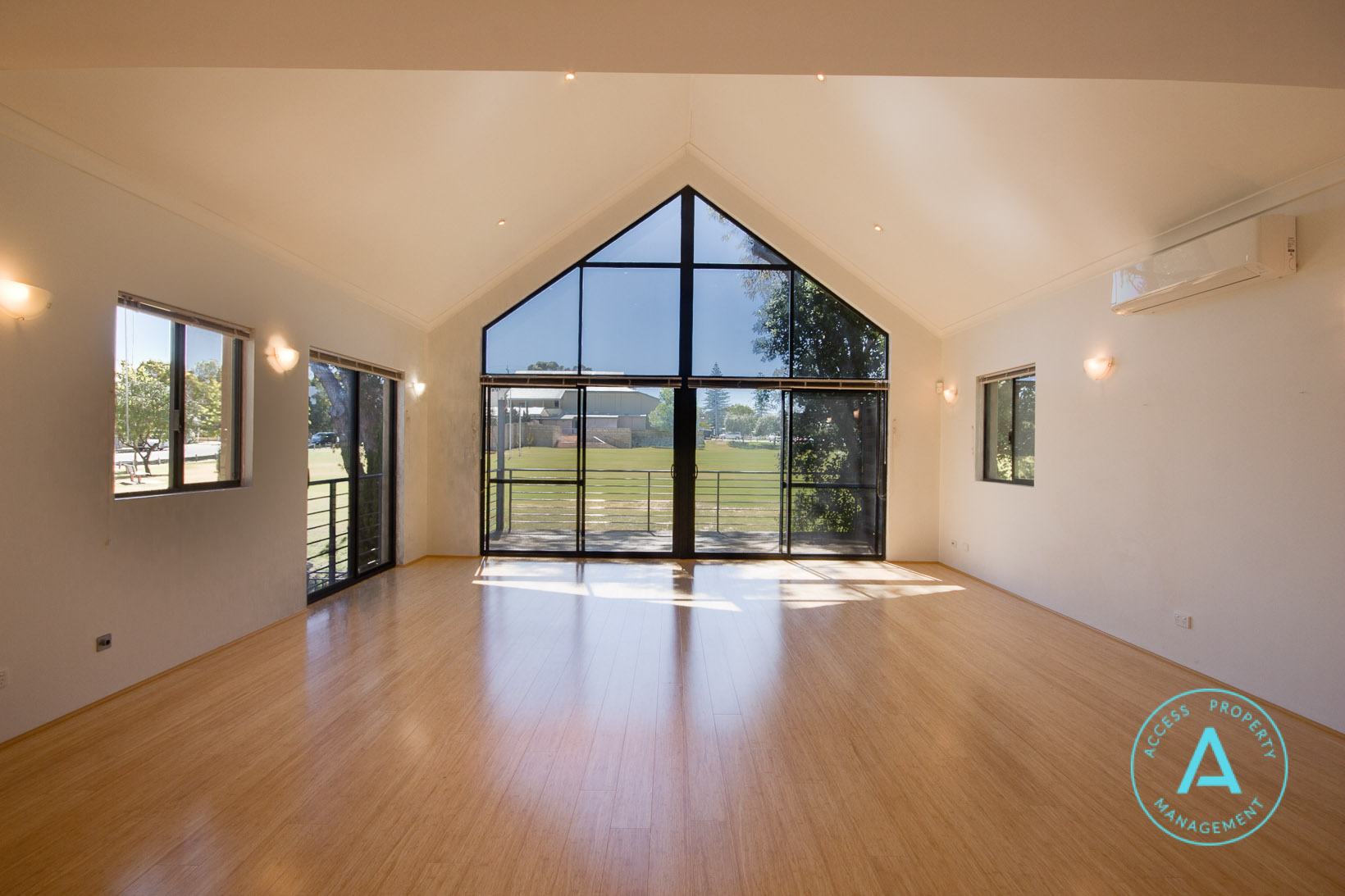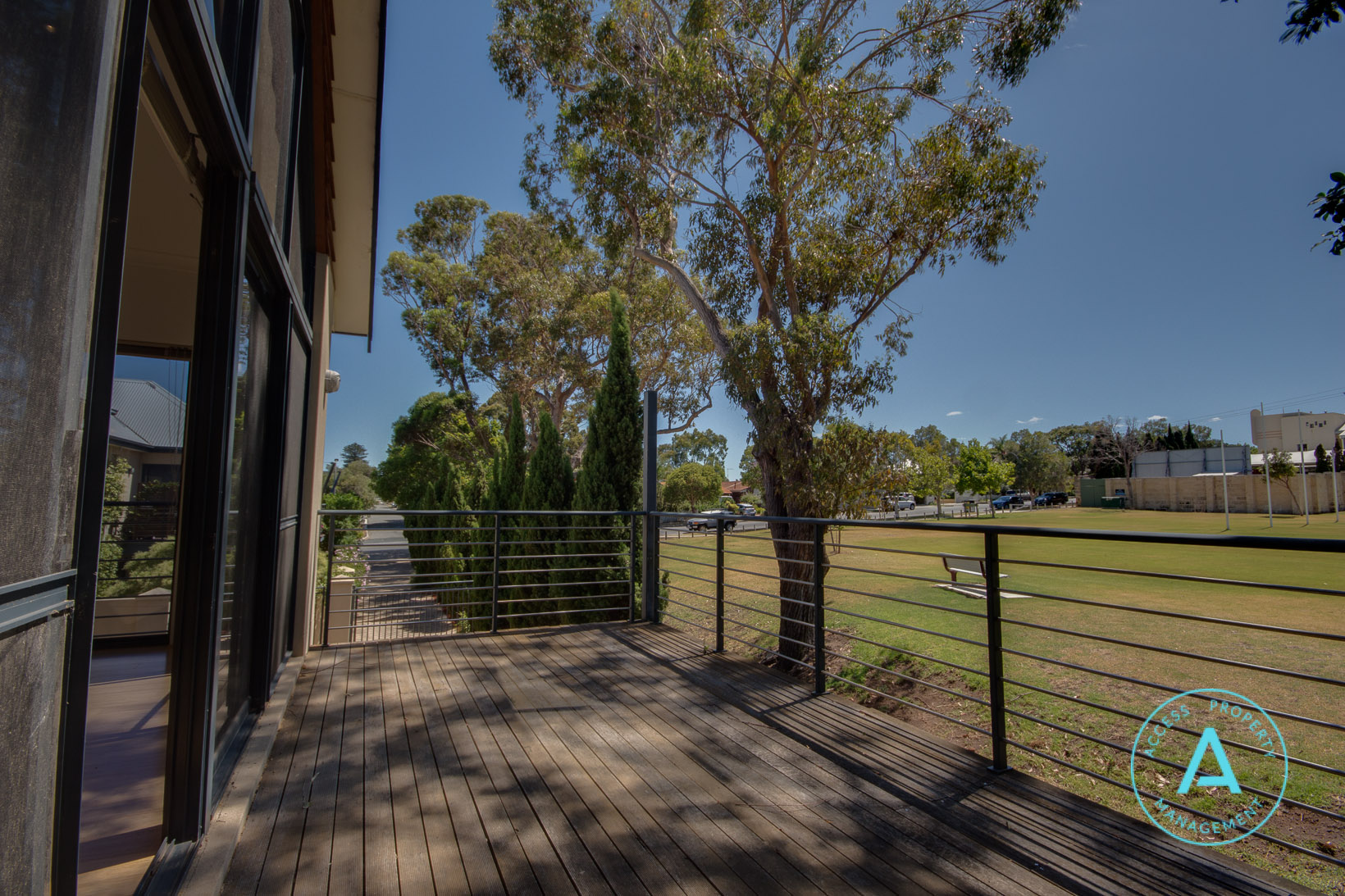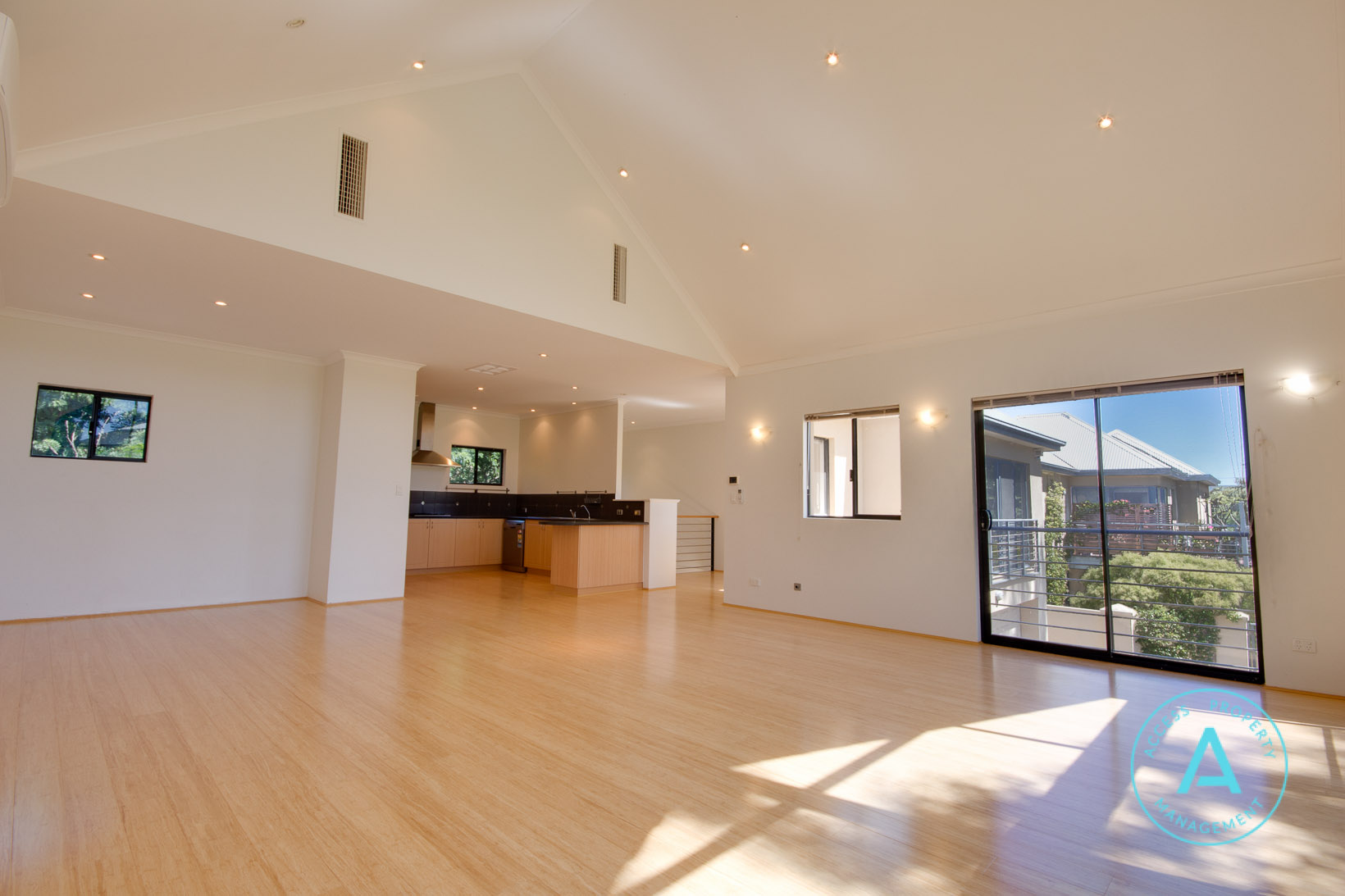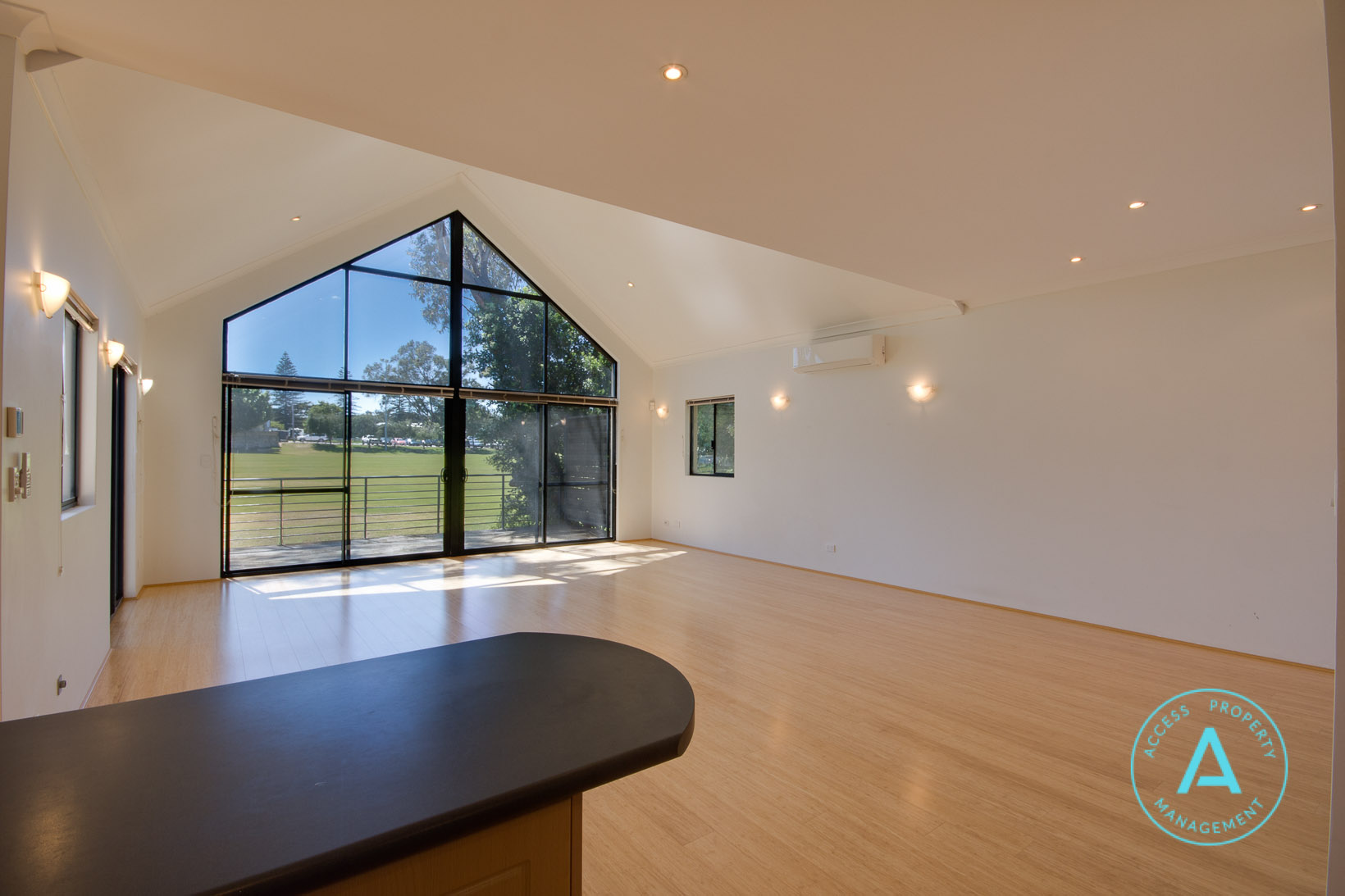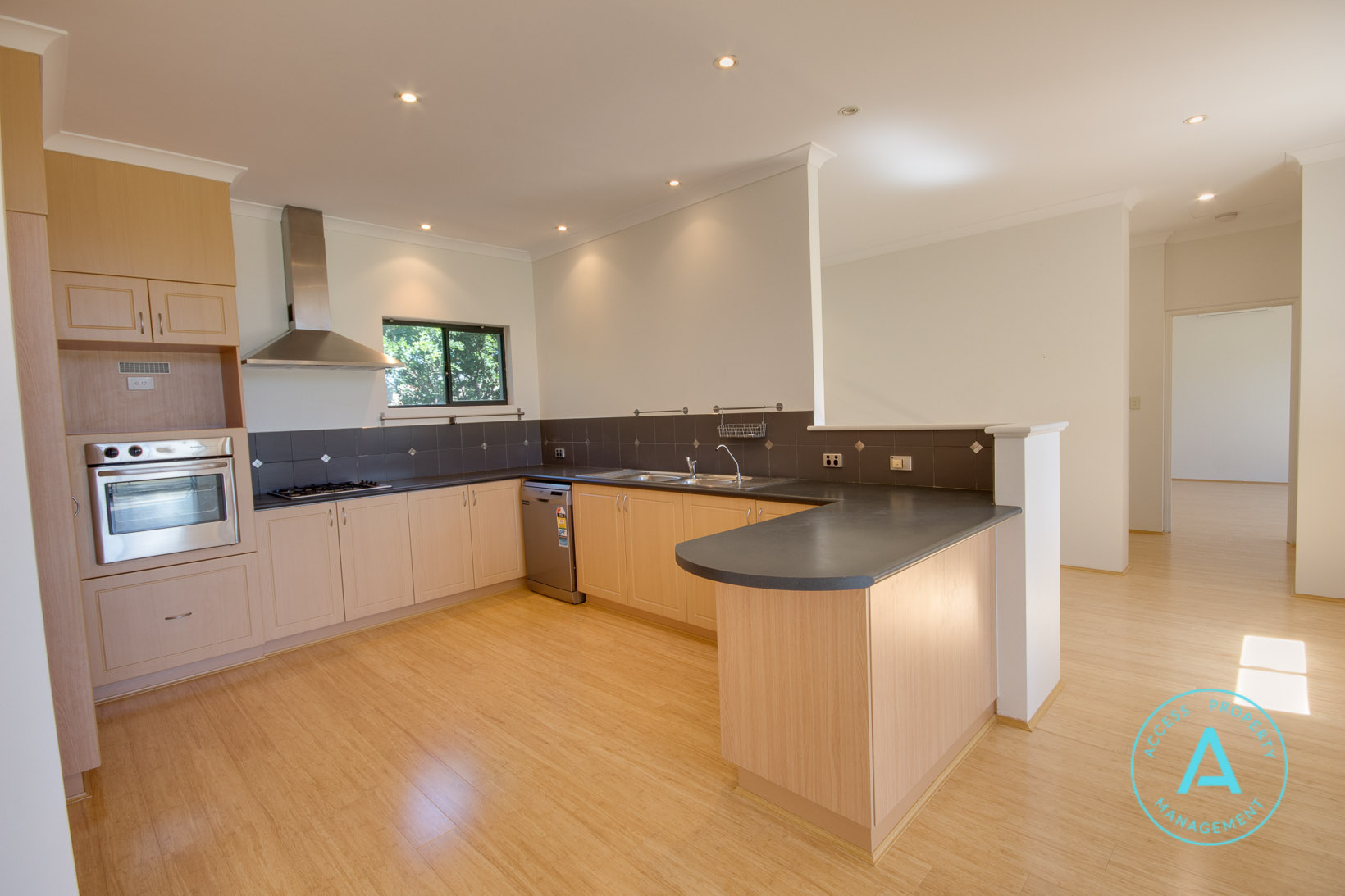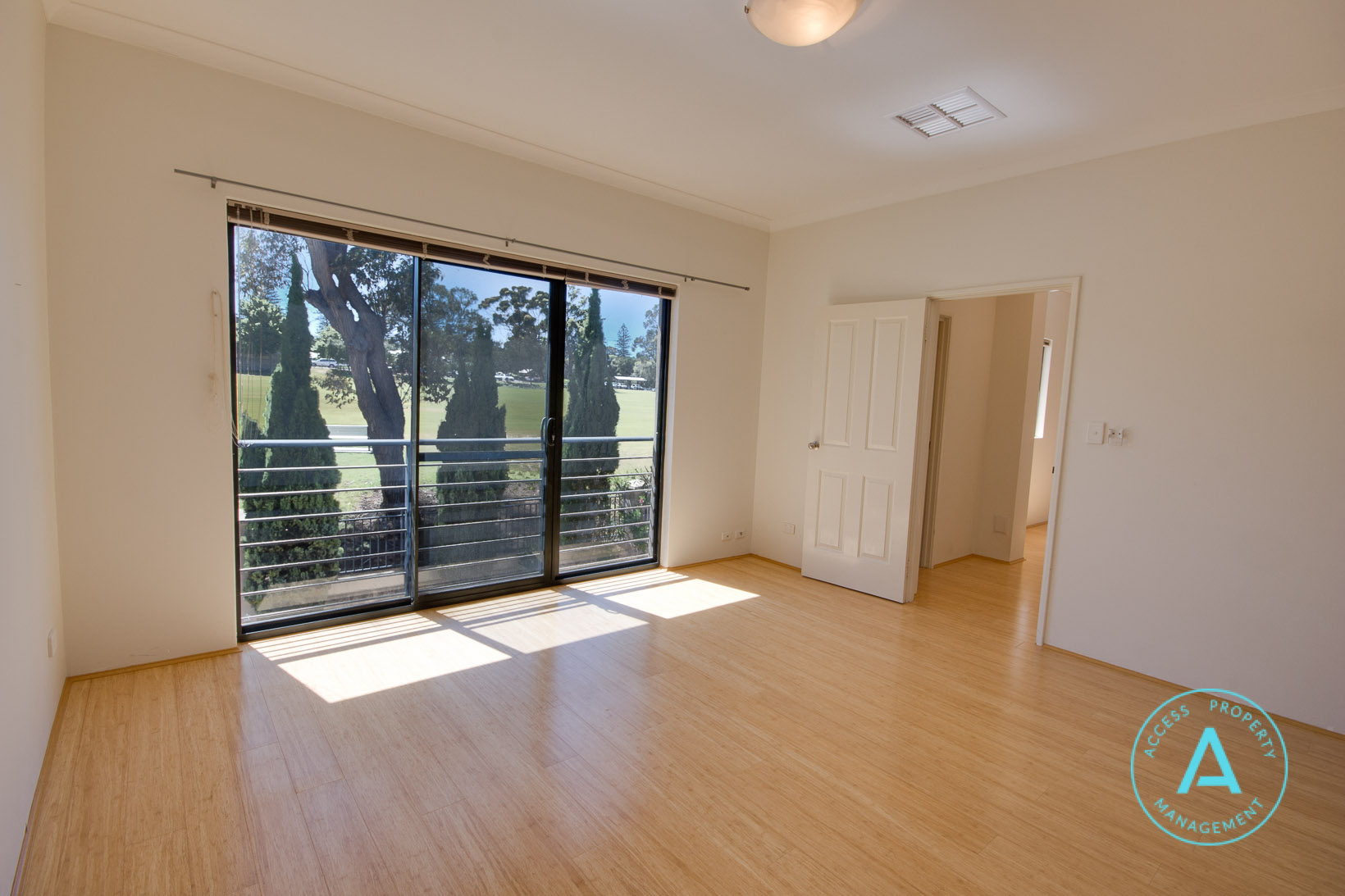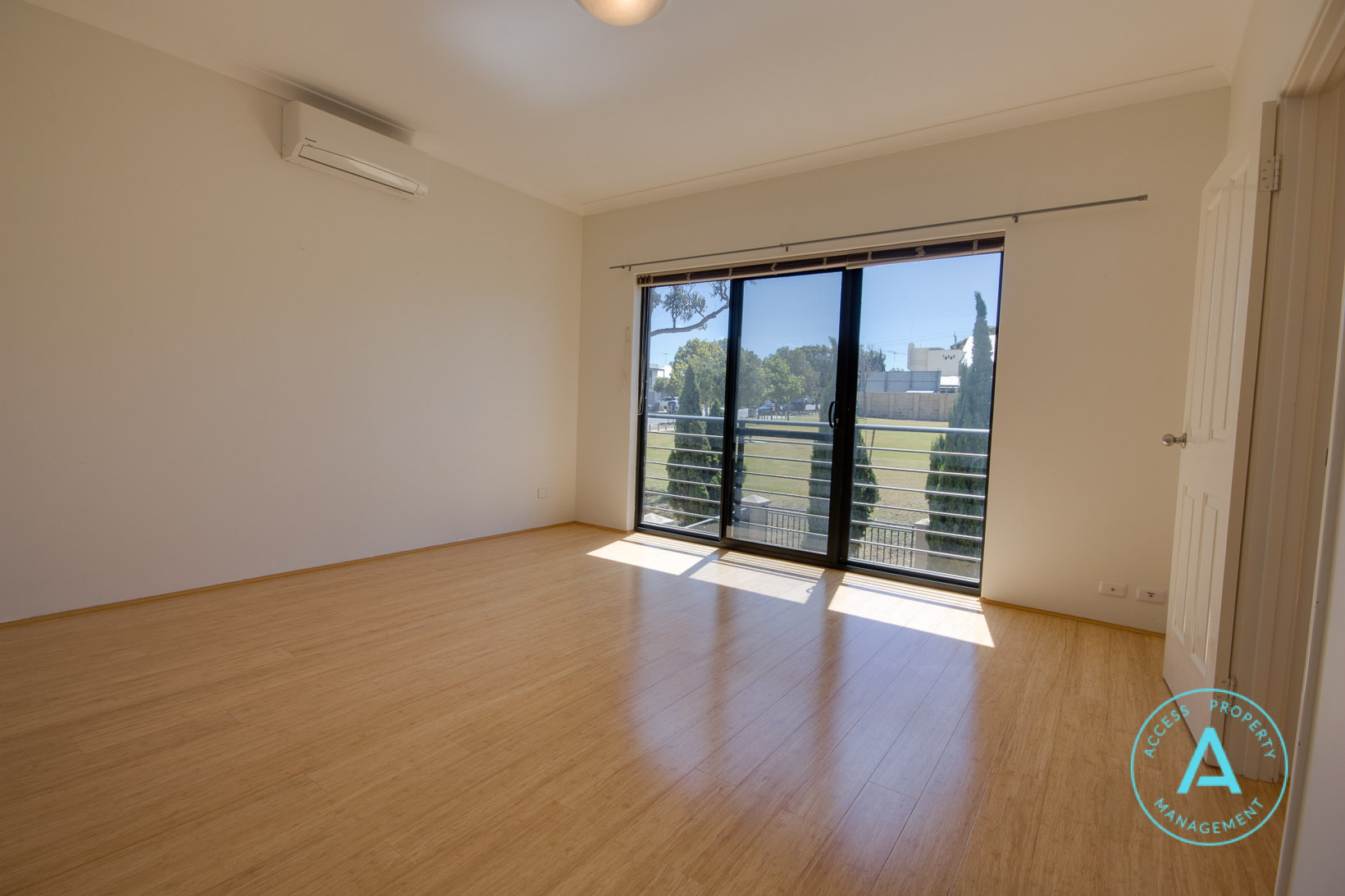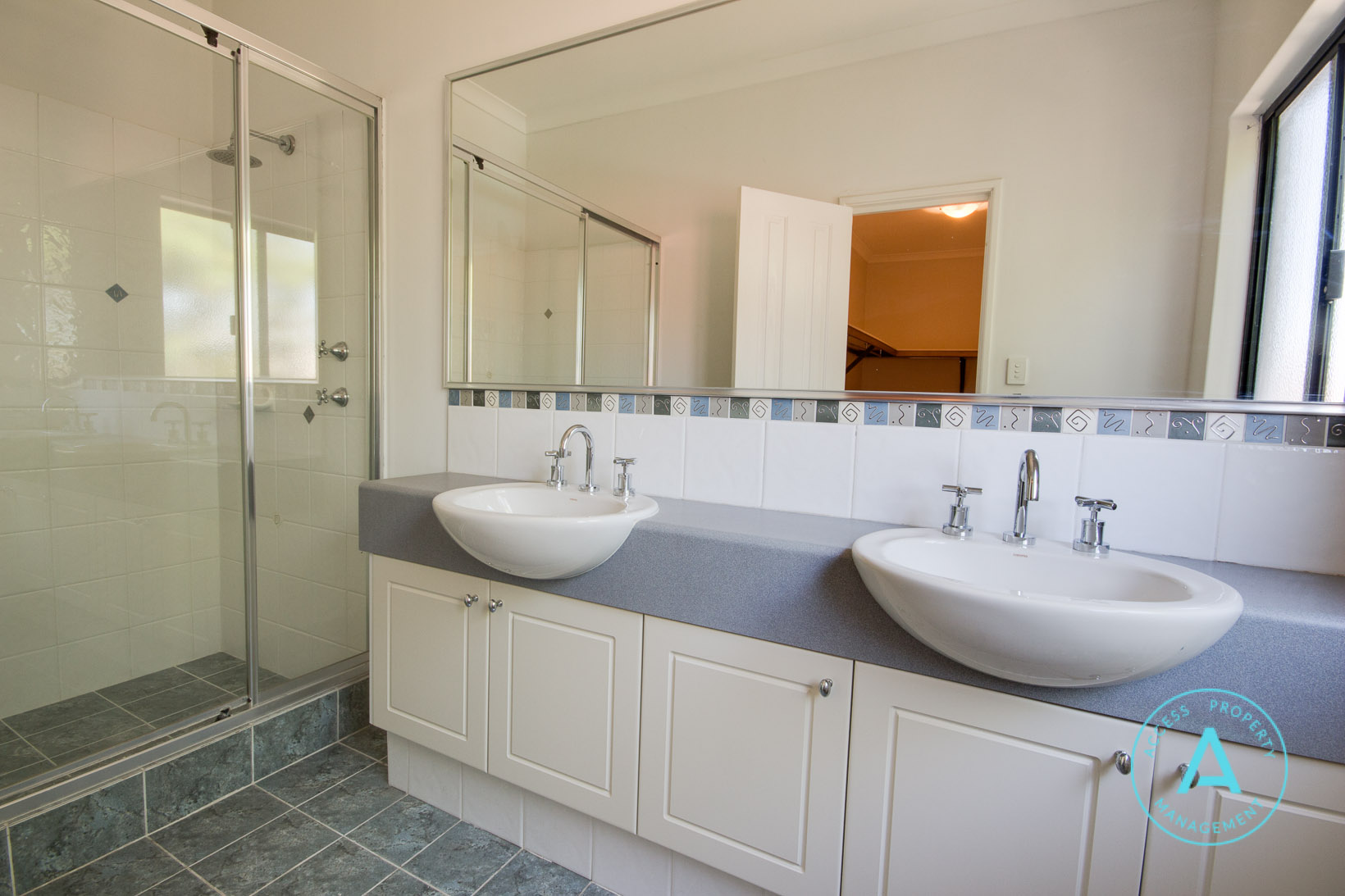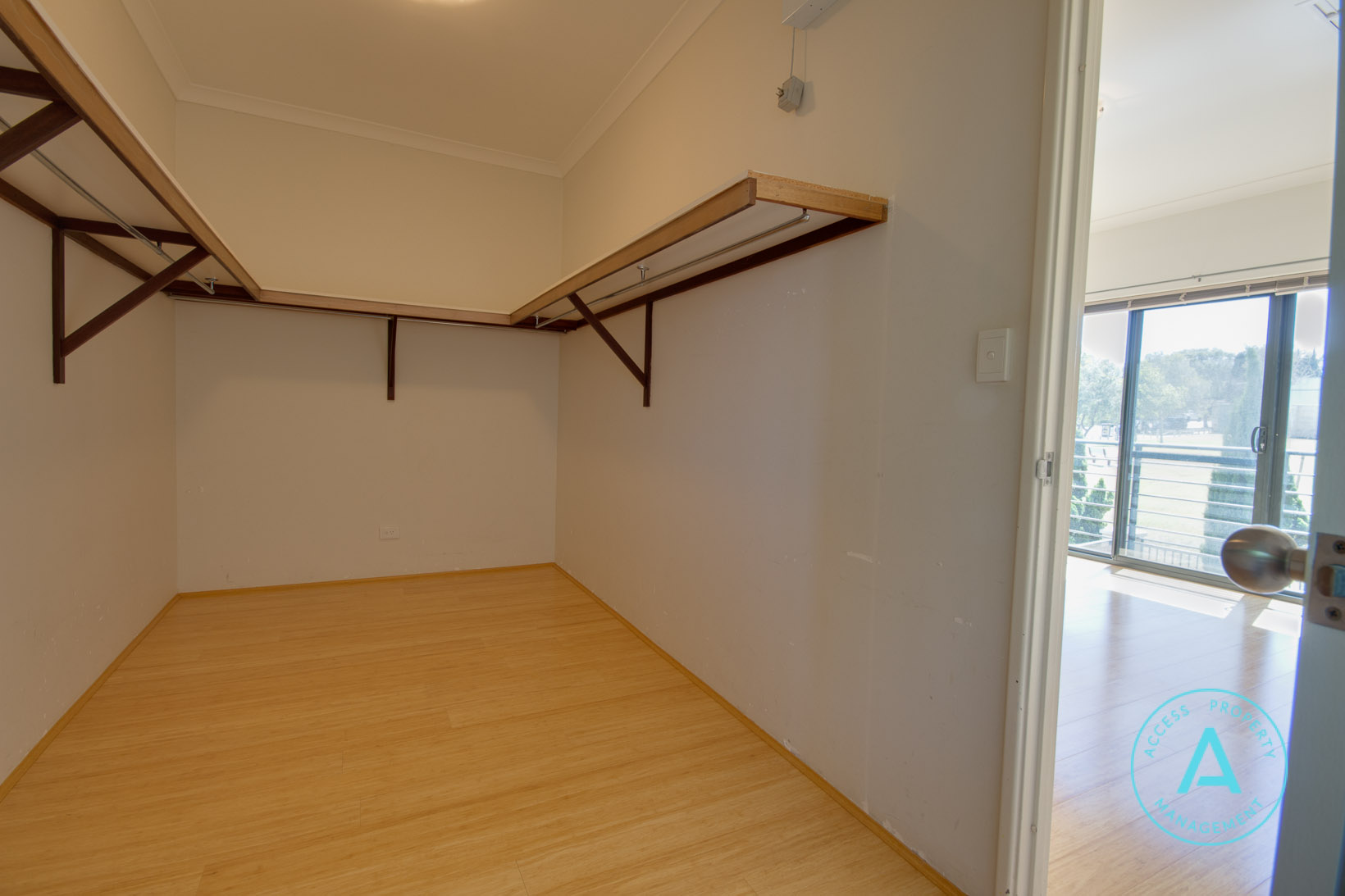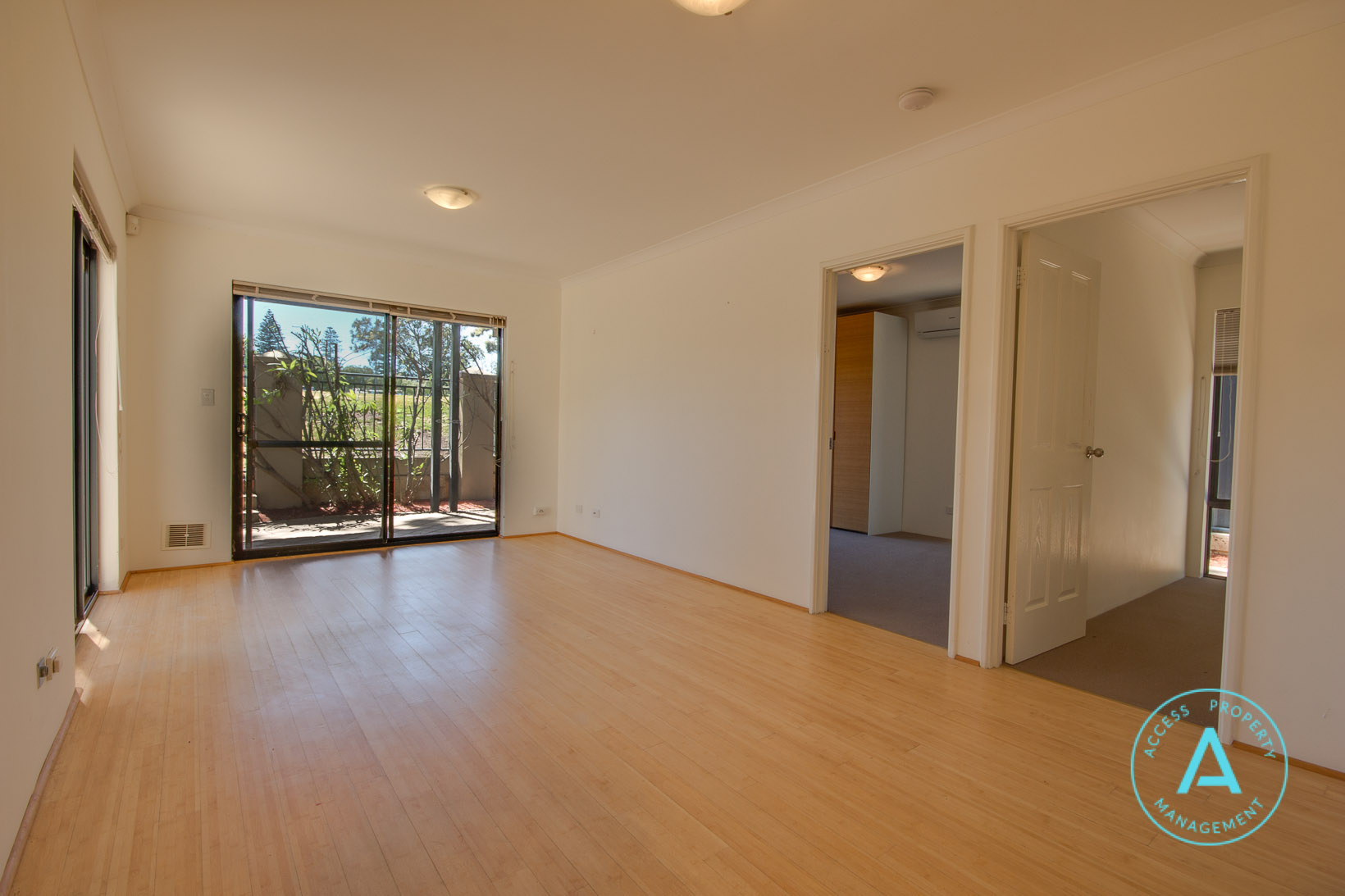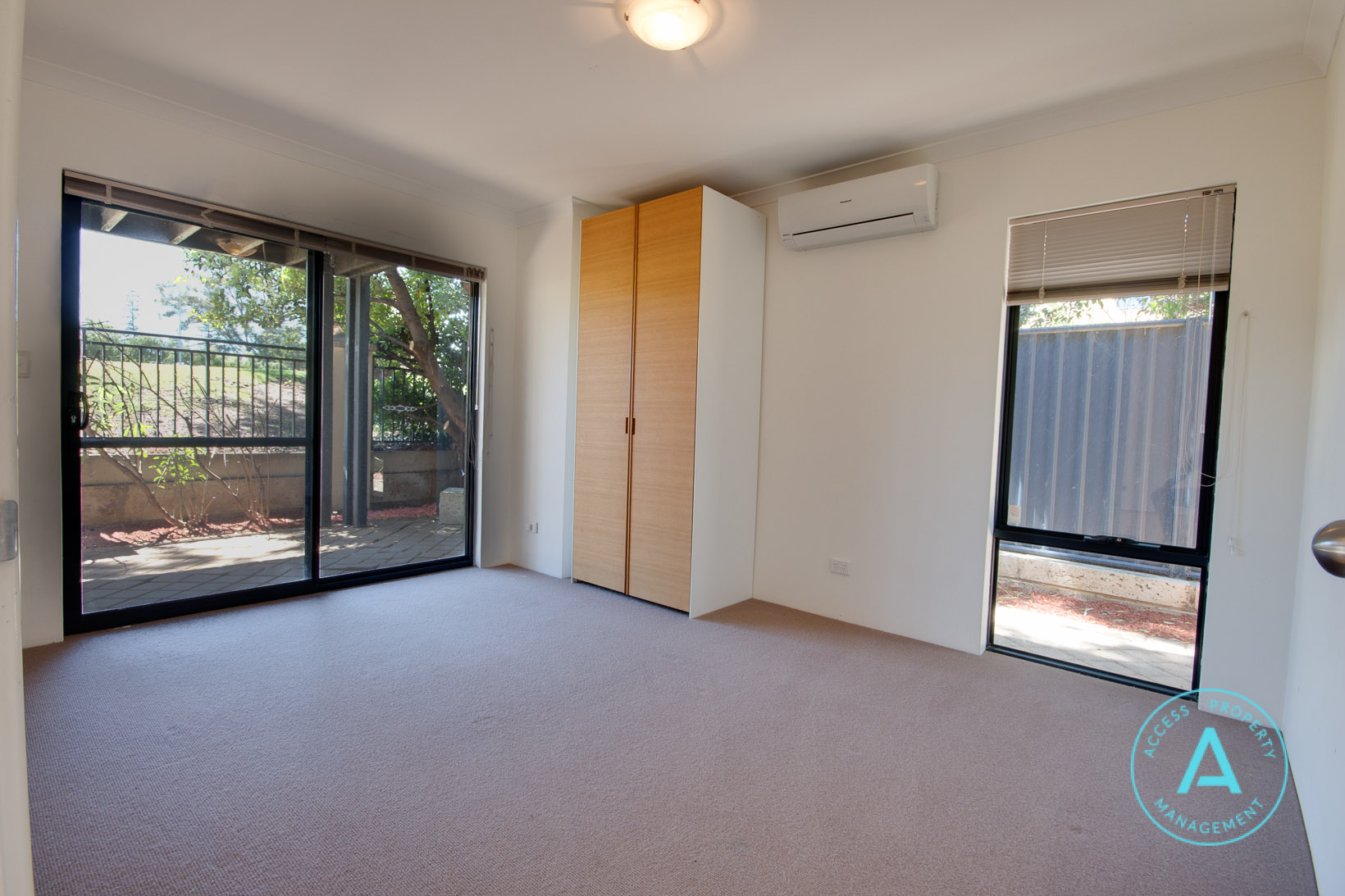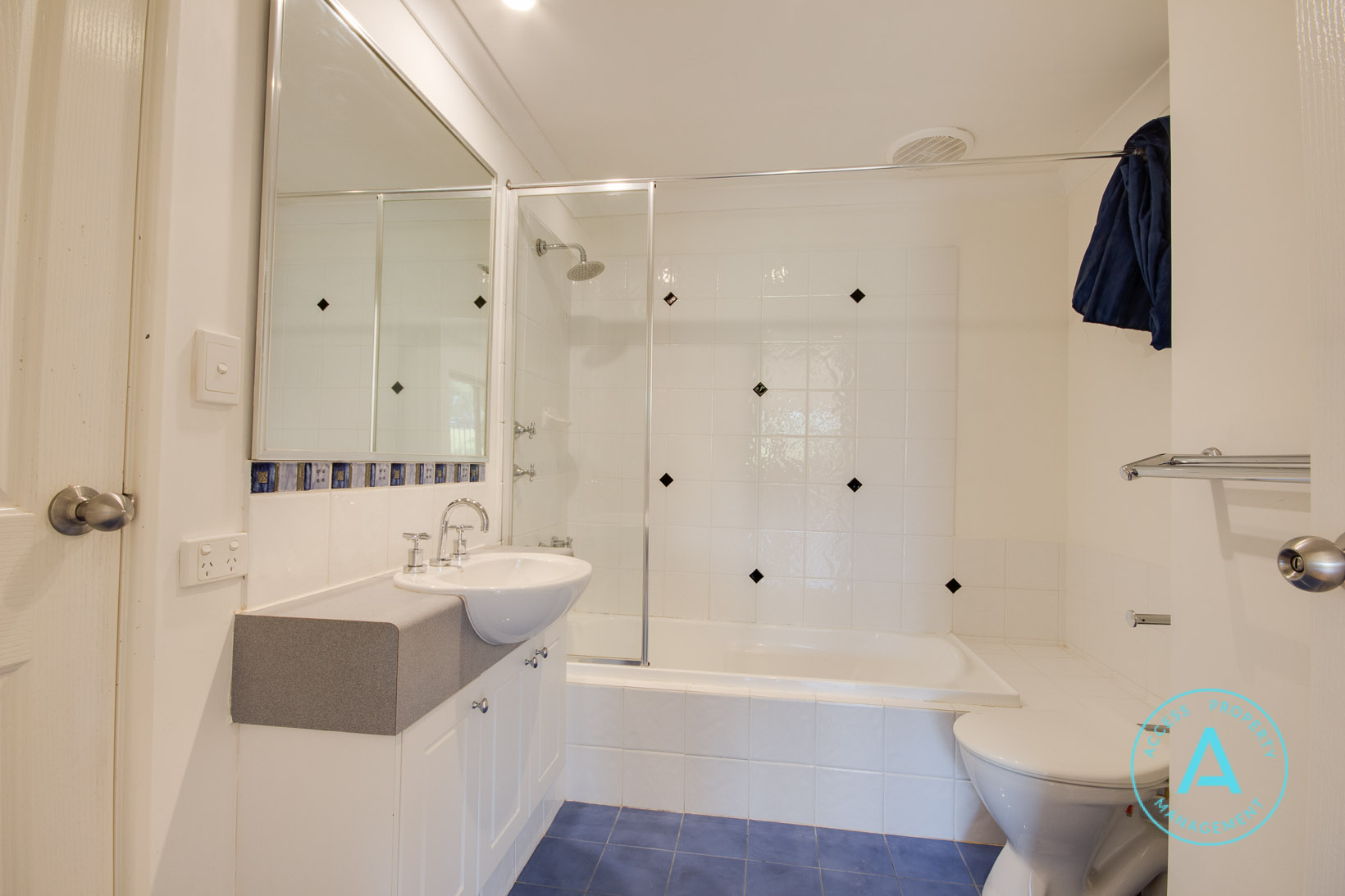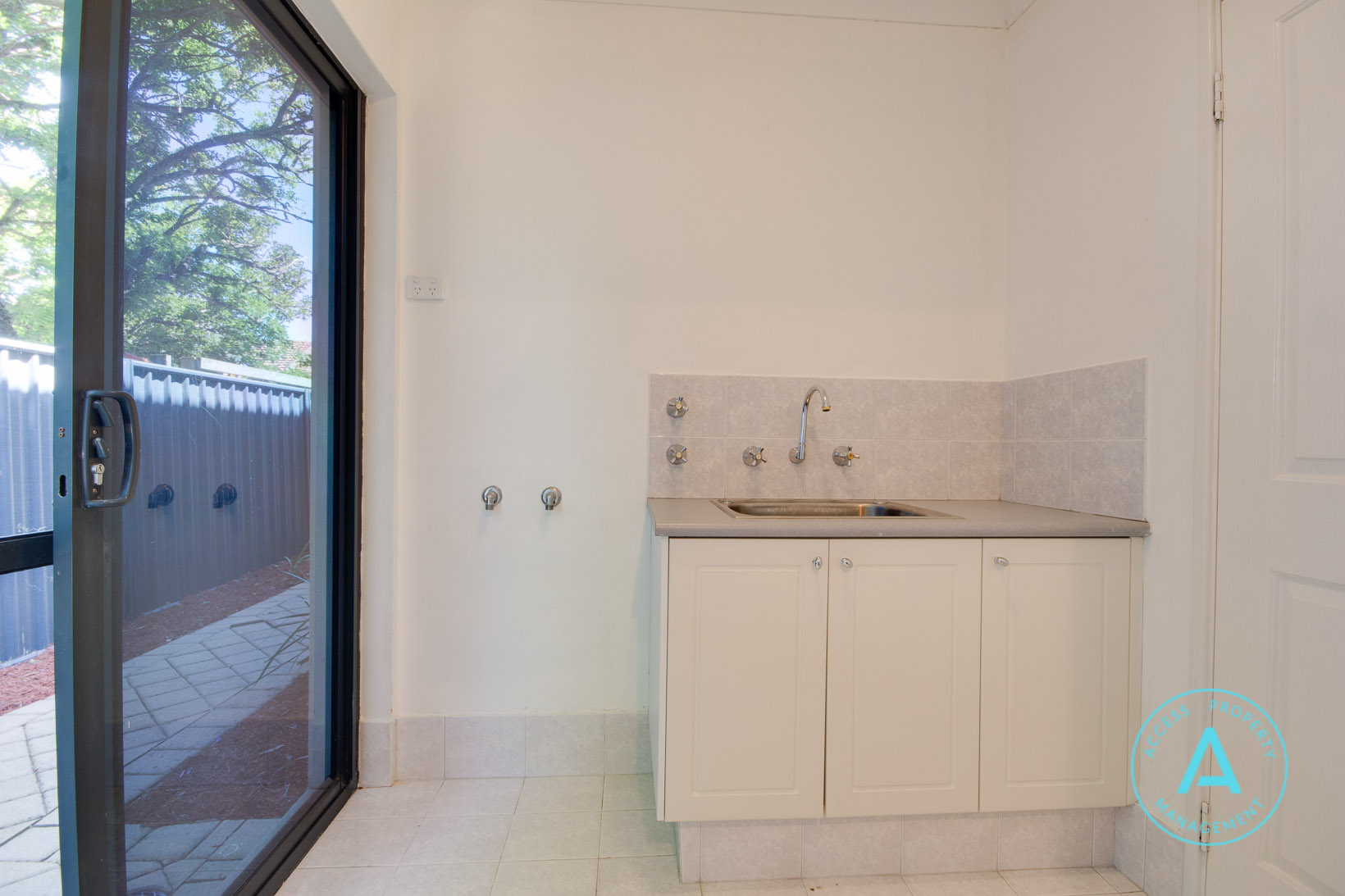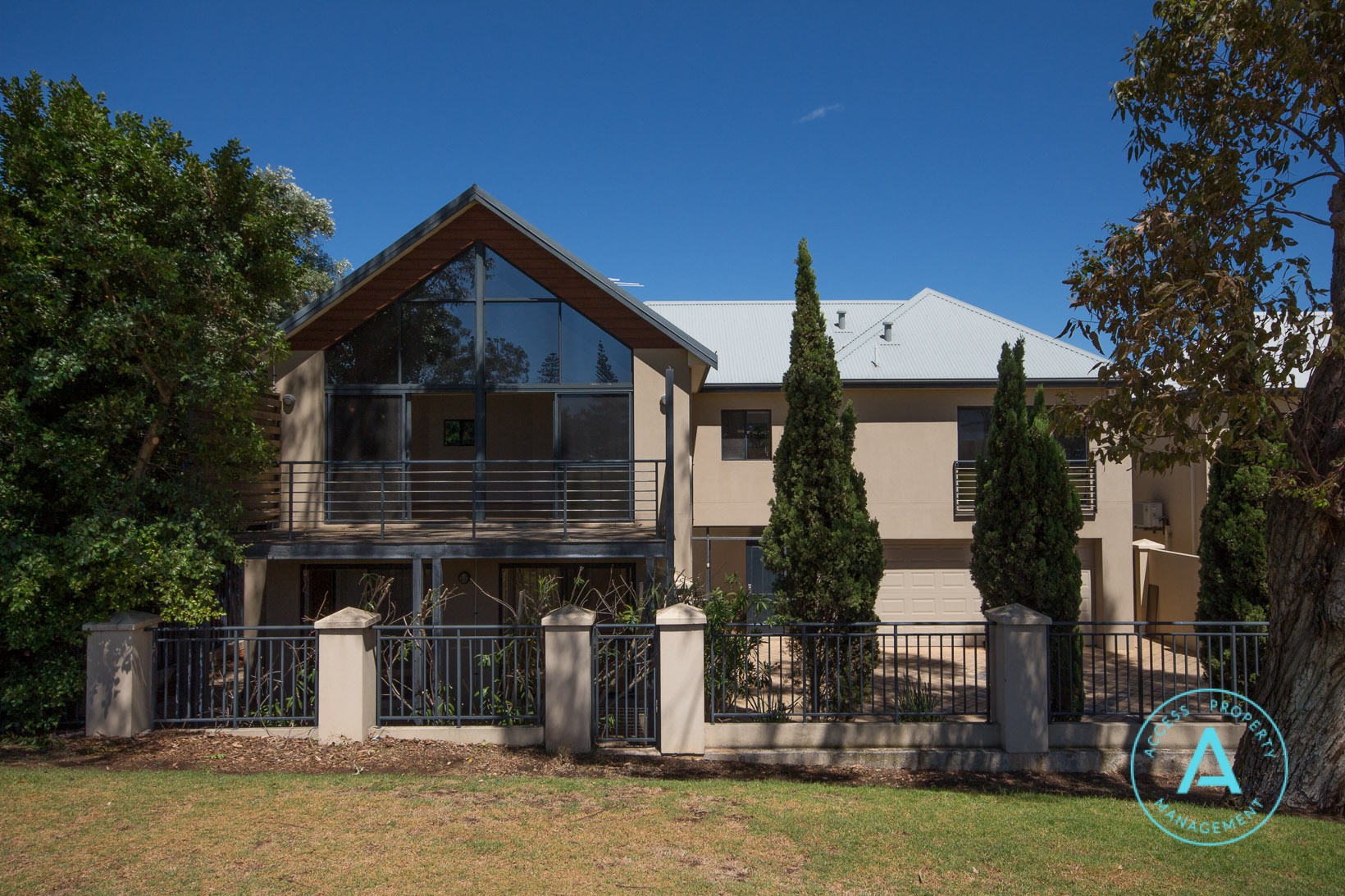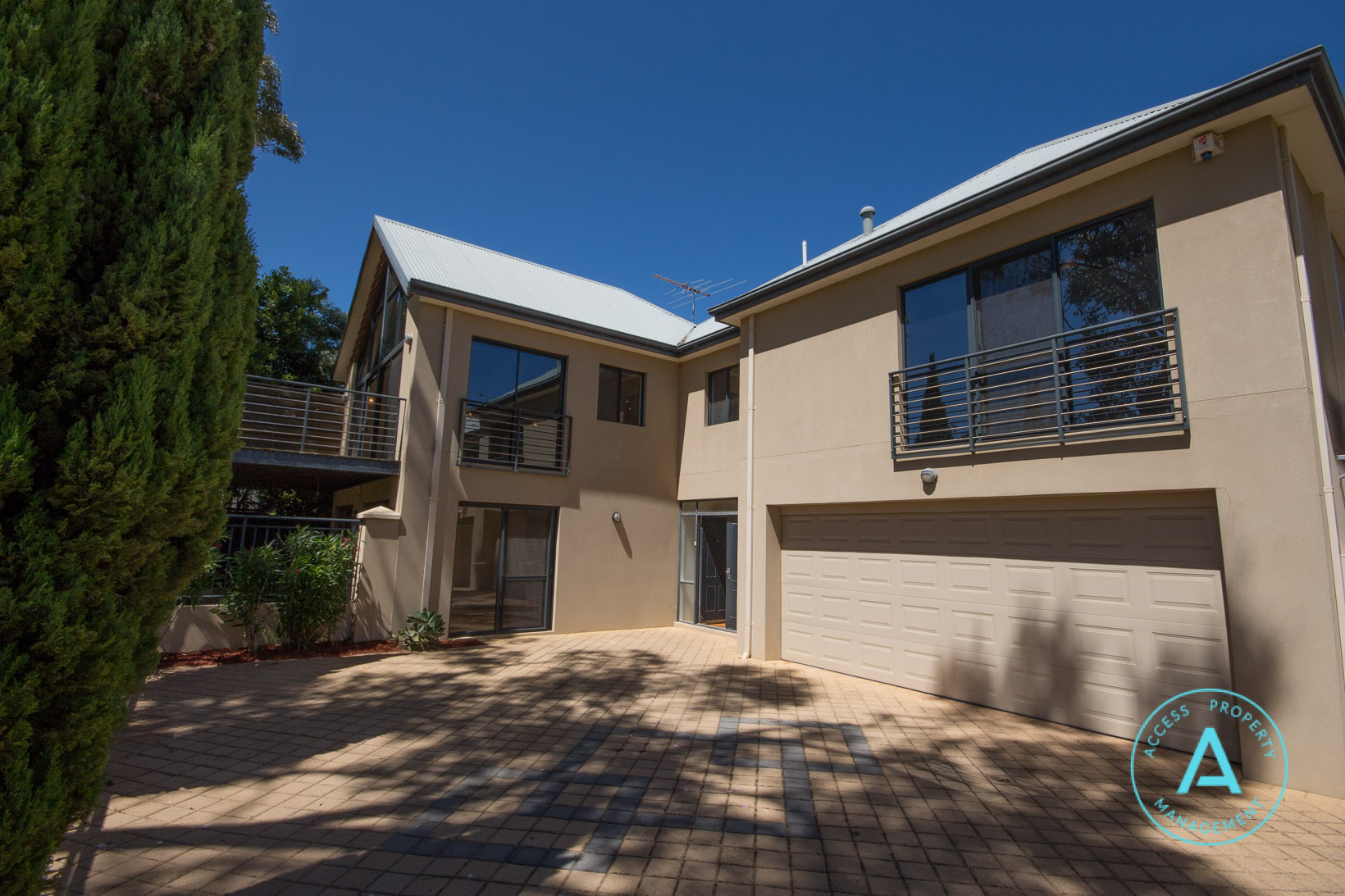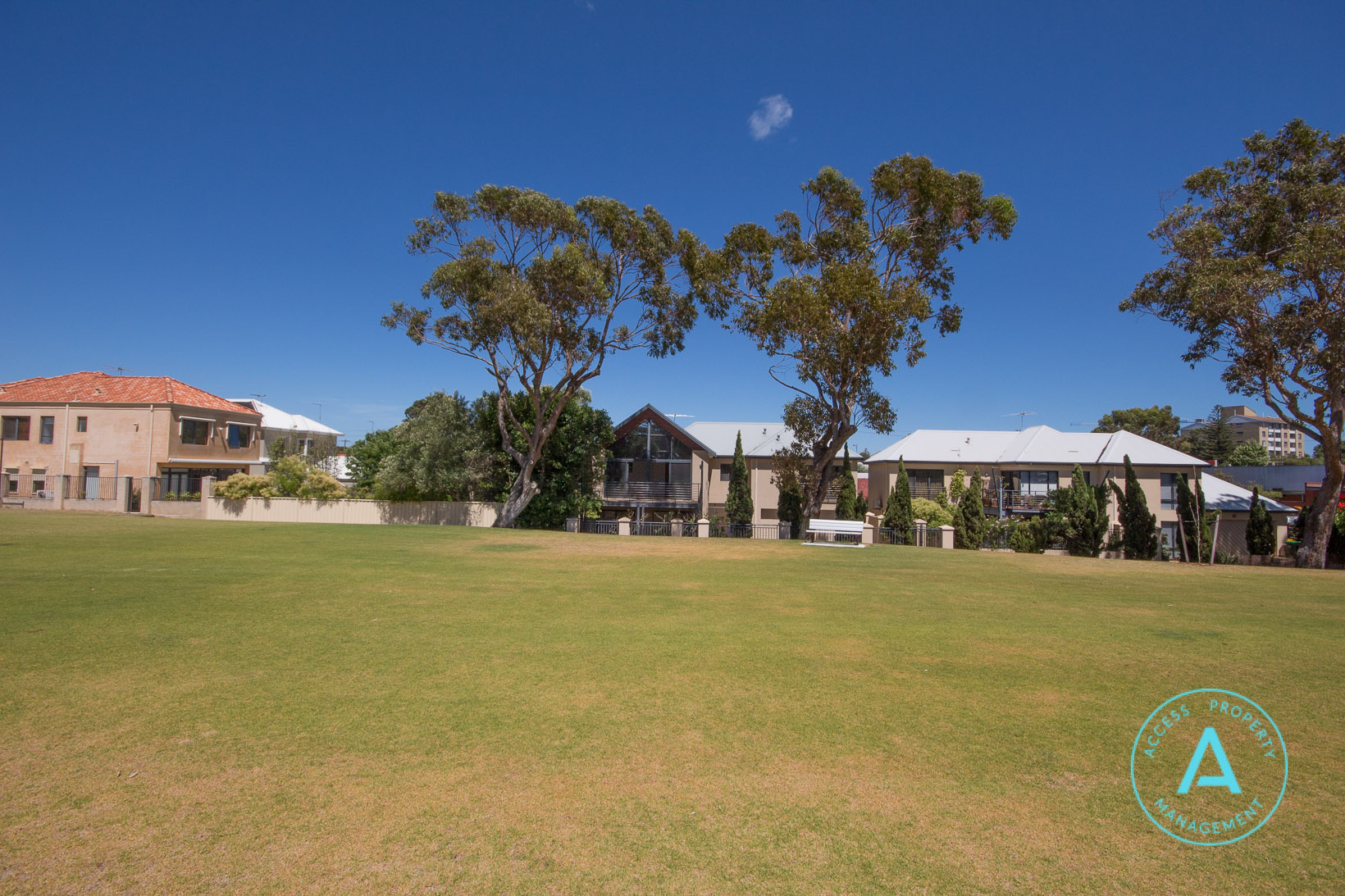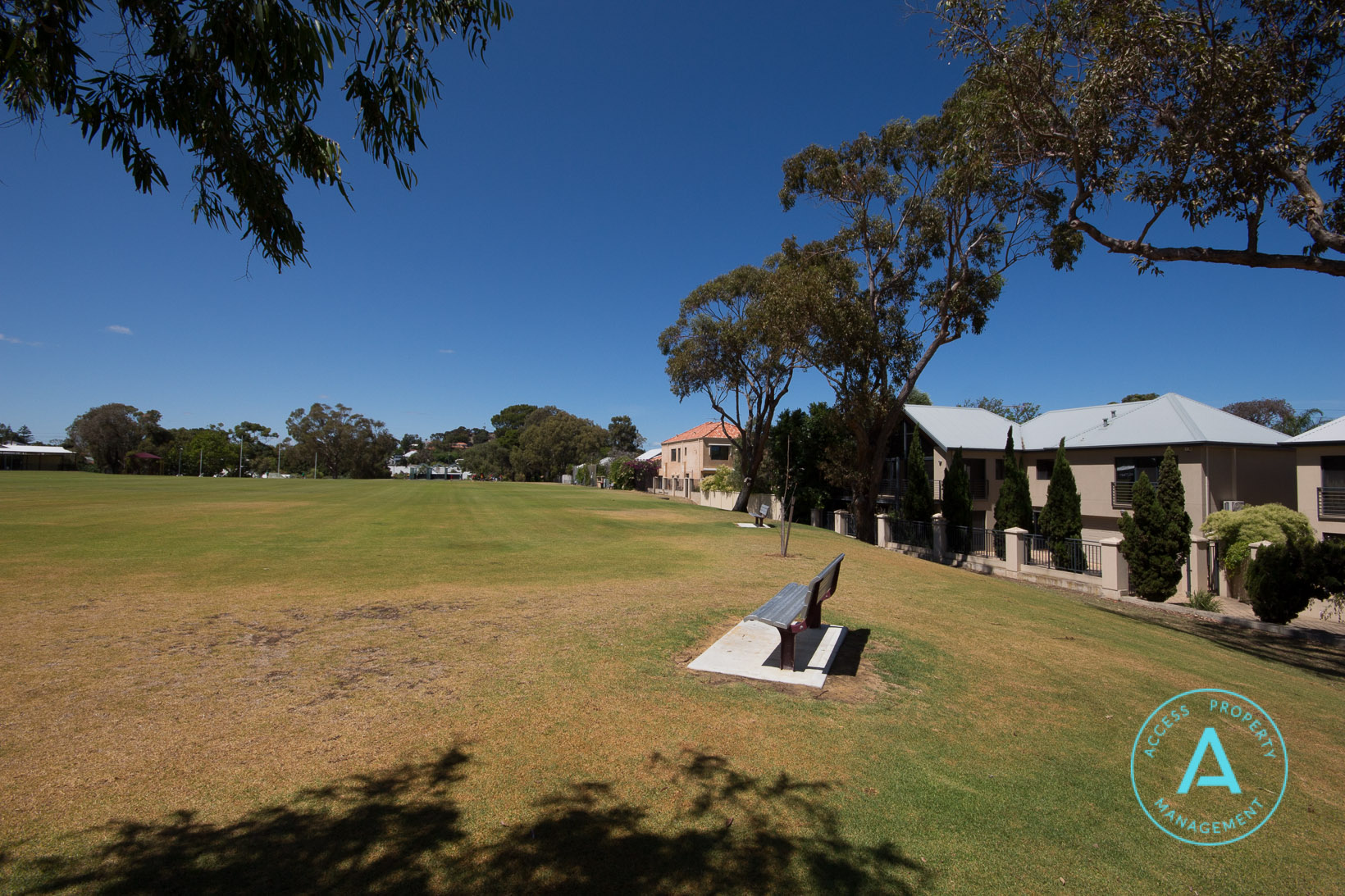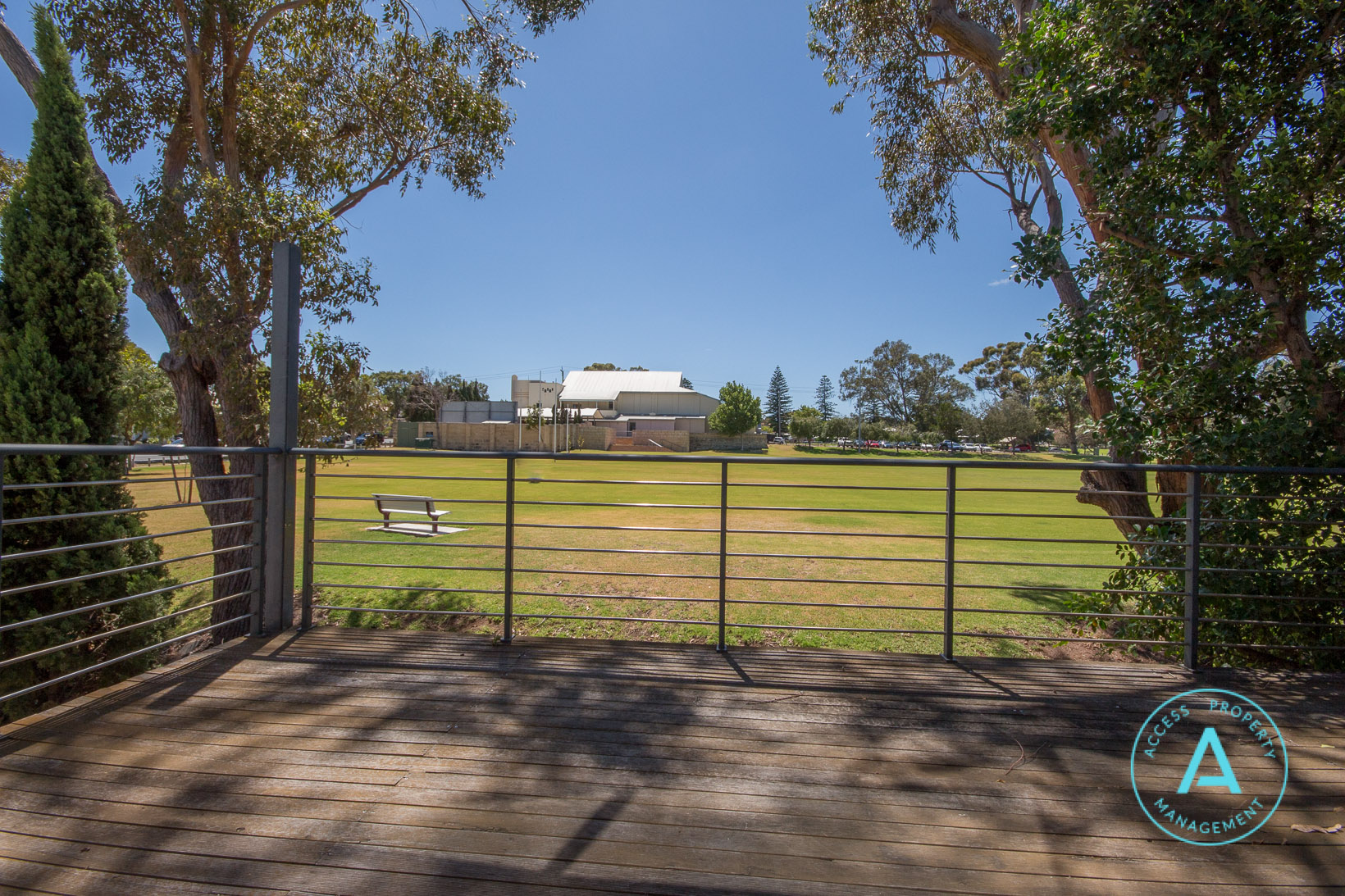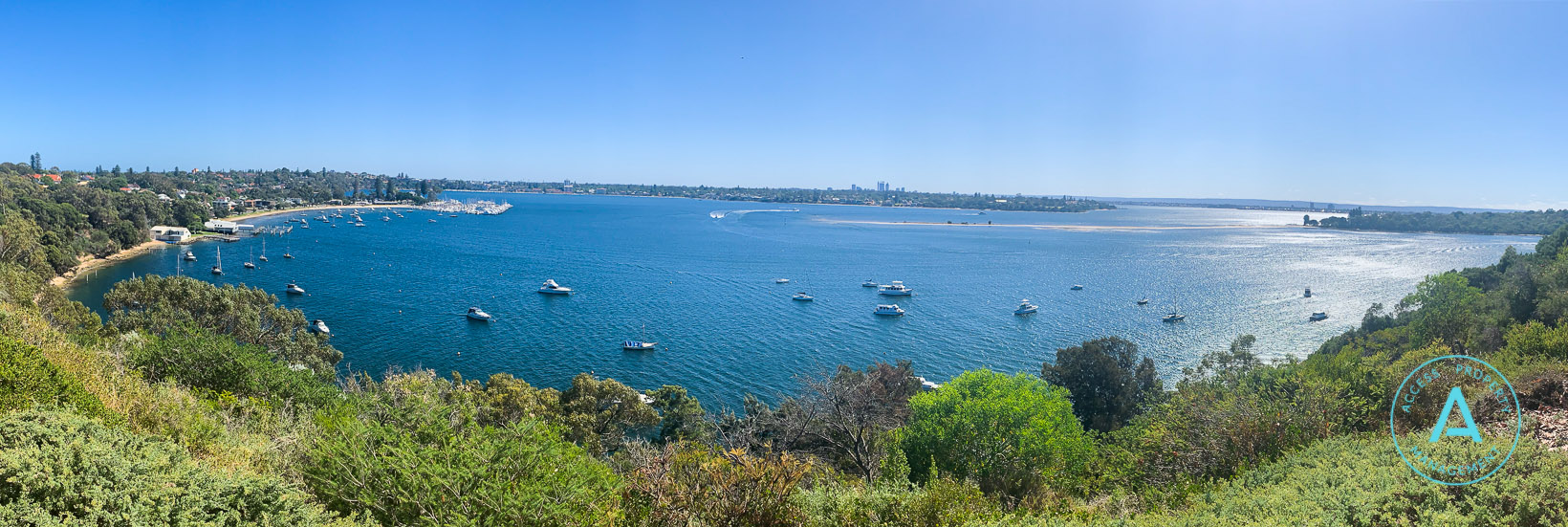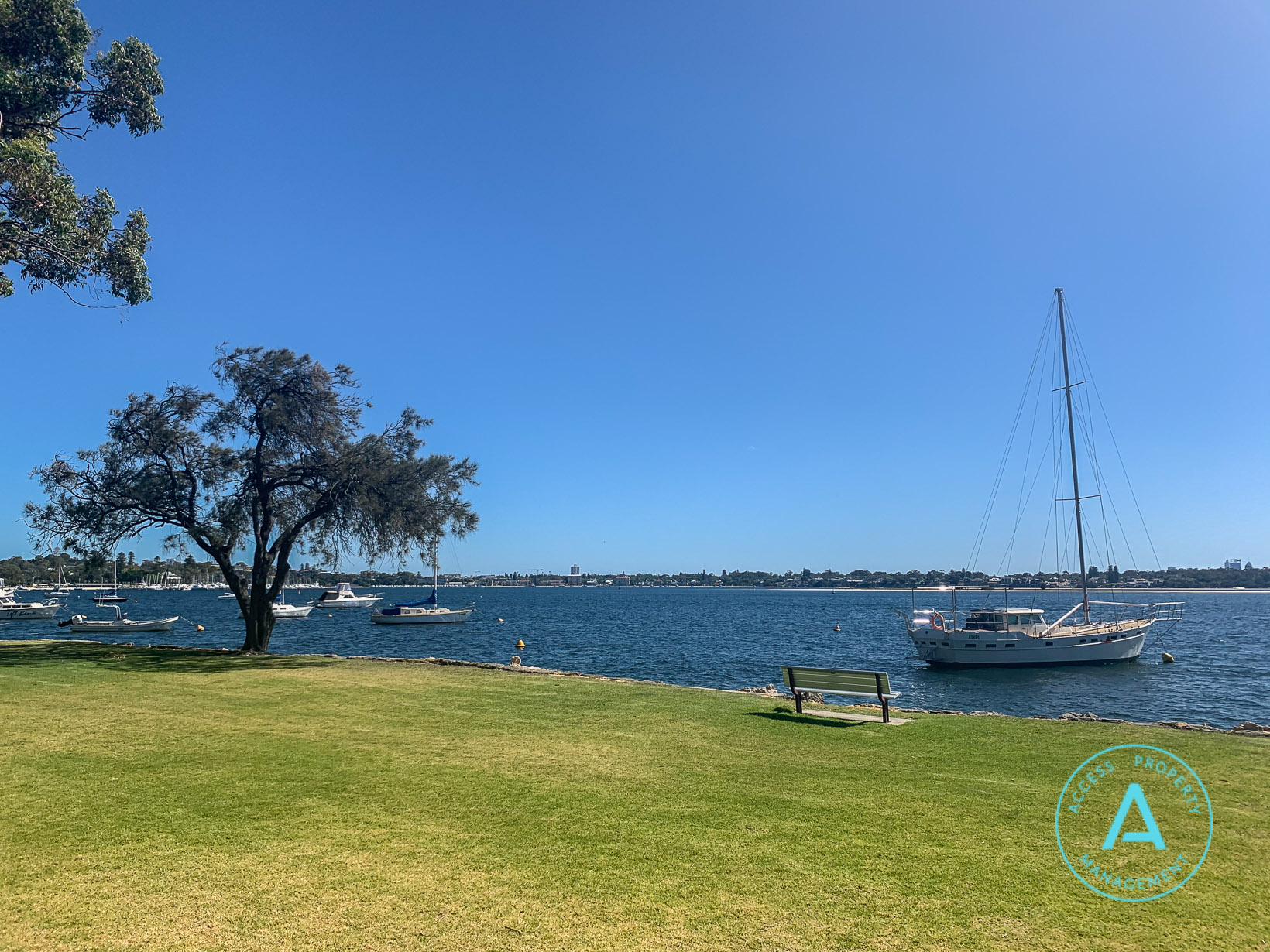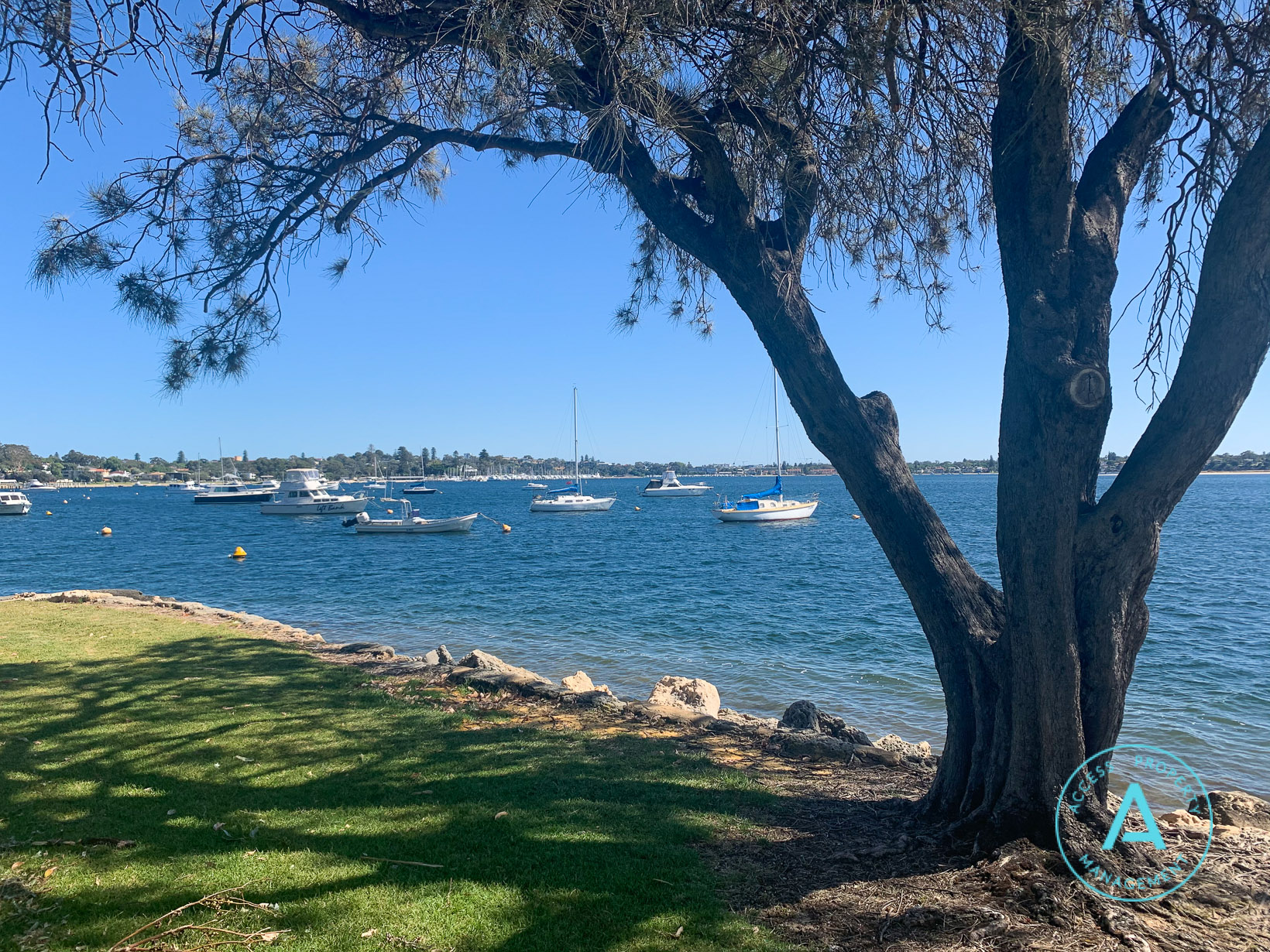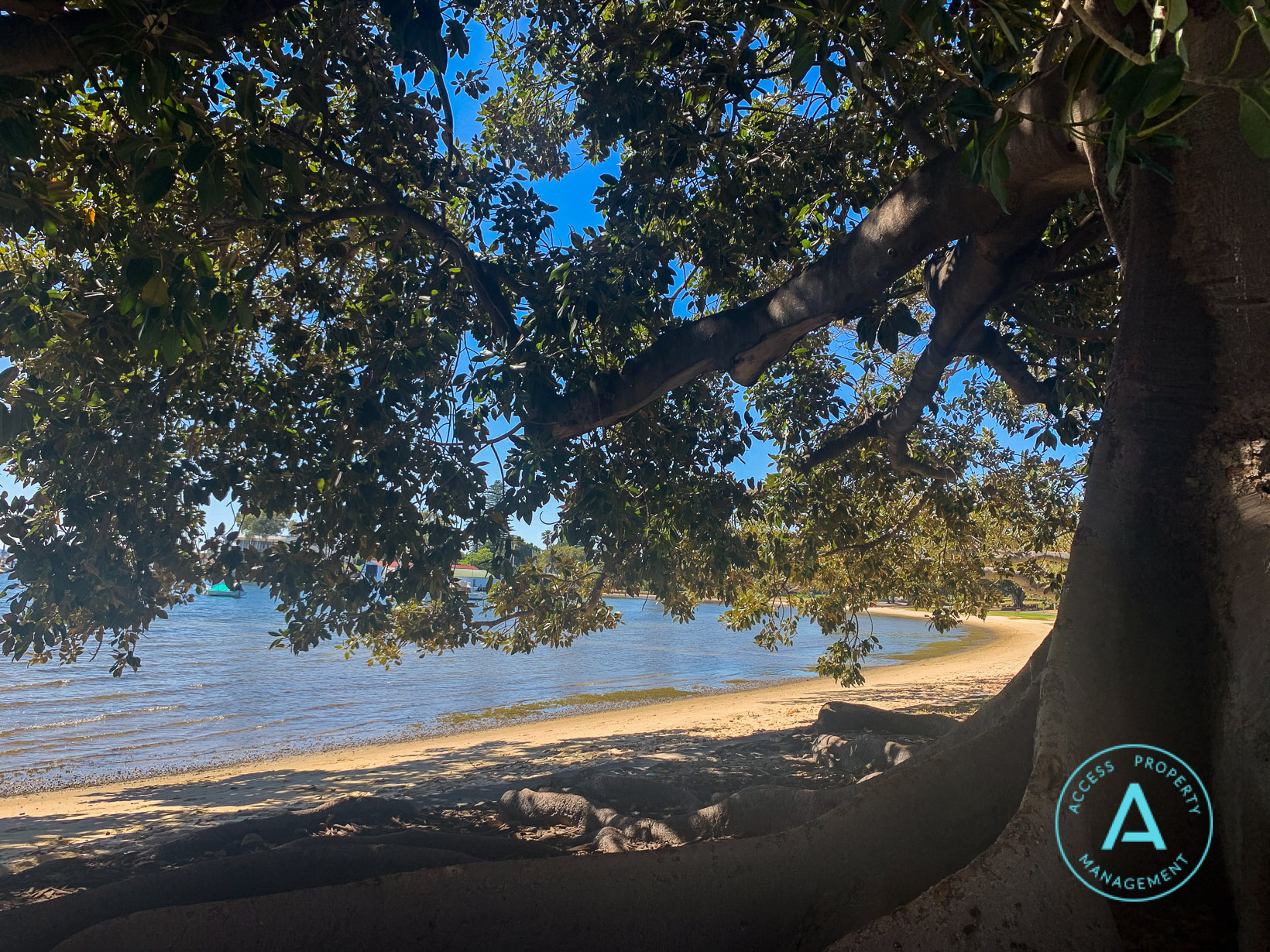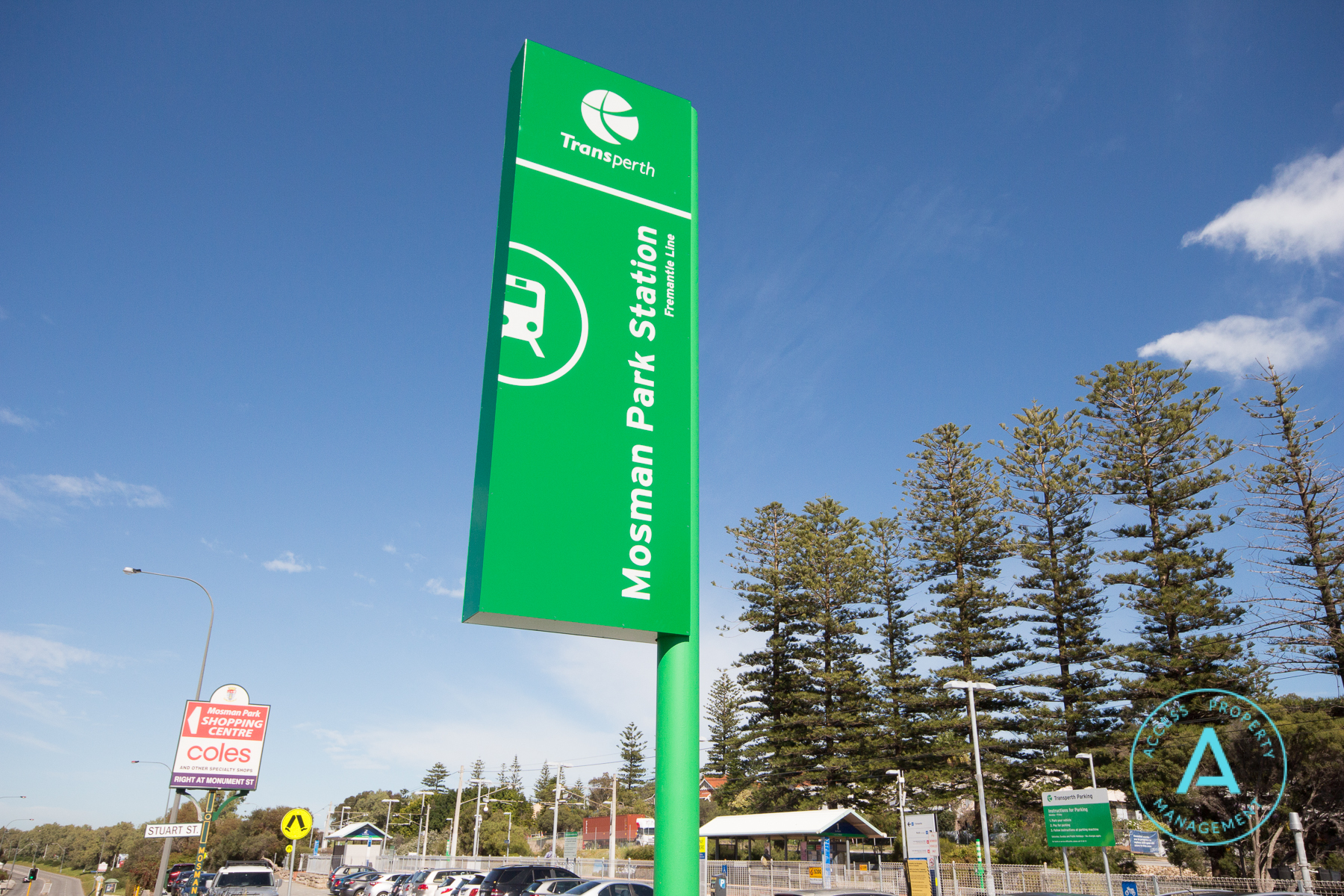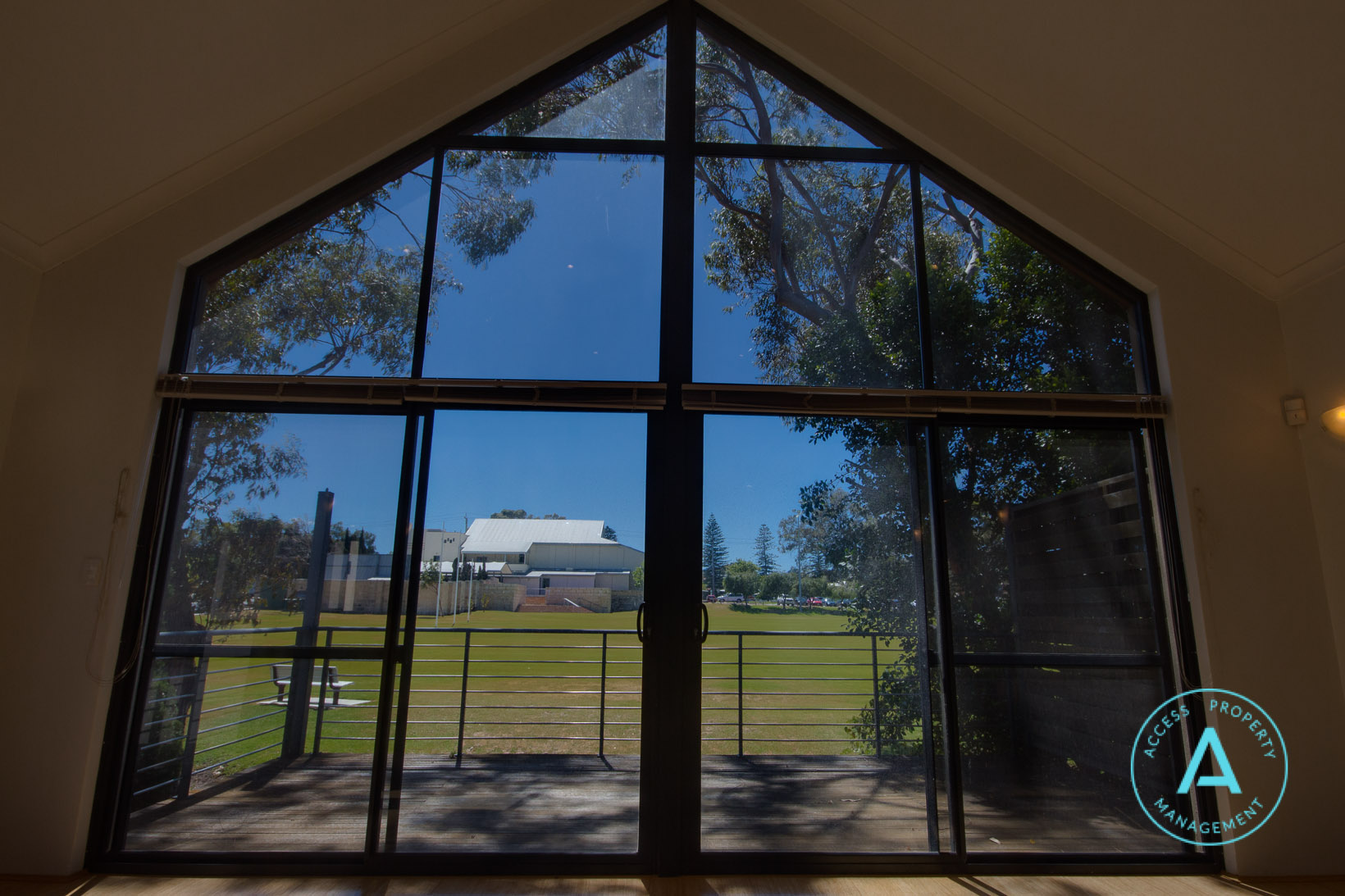As a tenant, you must have a good understanding of your rights and responsibilities. Your property manager will help to communicate these with you, but it’s beneficial to have good knowledge yourself. Knowing where you stand will help you maintain a good relationship and resolve potential issues before they arise. You can even lessen the chance of a dispute if something does go wrong.
Reviewing your lease agreement is the best way to understand your rights and responsibilities. Make sure to always read it carefully before signing, and don’t be afraid to ask questions if you need to clarify anything. For tenants of properties we manage, you can check out our tenant information page for some handy links.
If you’d like to know more about your legal rights and responsibilities, DMIR’S have a very handy guide which is a good place to start. You can also reach out to your property manager if you need.
Tenant Rights in WA
Clean premises
At the start of the tenancy, the property should be in a reasonable state of cleanliness and repair. The tenant should then maintain the property in an appropriate state for the duration of your tenancy.
Bond money
By law, the maximum security bond is four weeks rent for most properties. Your bond needs to be safely deposited with the State Government’s Bond Administrator. You should also receive a receipt of your payment and a certificate once it has been lodged.
Property condition report
At the start of your tenancy, you will receive a property condition report outlining any existing damages. Check out our guide on what to do with your property condition report if you’re not sure.
Notice
The required notice periods for different communications differ depending on the type of lease. Confirm with your property manager and check your lease if you’re unsure.
Common notice periods include:
- 7 to 14 days notice of an inspection
- 72 hours notice of access for any repairs unless they are urgent
- 60 days for a rent increase (if your lease allows)
Repairs
If repairs are needed, they need to be undertaken within a reasonable time. You should notify your property manager as soon as possible. The landlord is responsible for these, however, you are required to pay if you caused the damage.
Safety and security
It is your landlord’s duty to ensure that the property is reasonably secure. The meaning of this will vary depending on the property but may include features such as deadlocks or key lockable screen doors, exterior windows and main entry lights.
Your responsibilities as a tenant include
Caring for the property
As a tenant, you need to care for the property and ensure you leave it in the same condition as the start of your tenancy (considering reasonable wear and tear). If any repairs are needed, report them to your property manager. You also need to gain written permission to alter the property.
Rent and bills
You’re obligated to pay the rent stipulated in your lease agreement on time during your tenancy.
Your landlord will be responsible for the initial setup of electricity, gas and water services, but you will need to set up your utilities when you start the tenancy. You are then responsible for paying the utility bills.
Lease agreement
Overall, you are responsible for adhering to the terms of your lease. For example, you will need written permission if someone else moves in or exceeds the number of residents stipulated in the agreement.
If you have any questions about your rights and responsibilities as a tenant, you can get in touch with us, and we’ll help you in any way we can.



